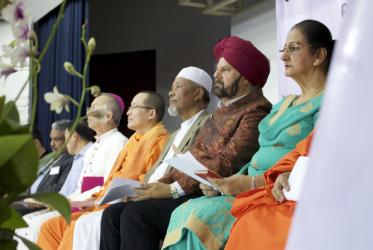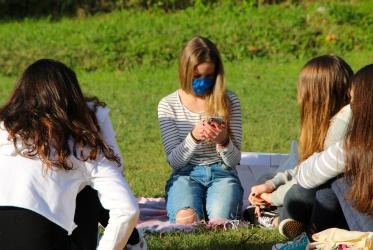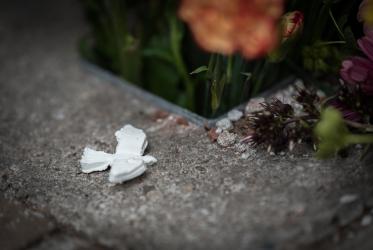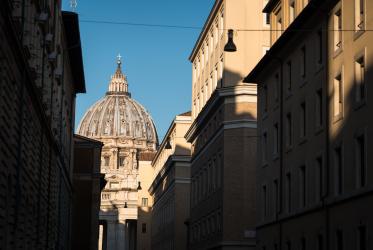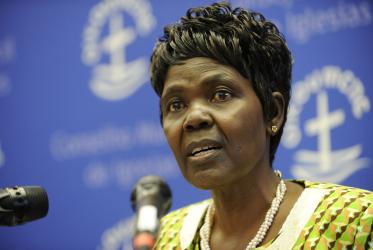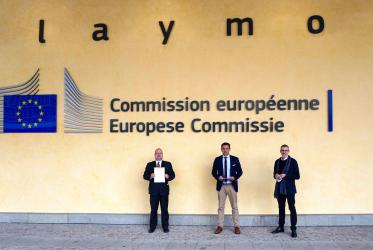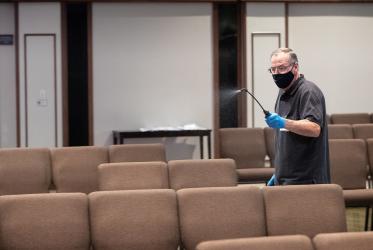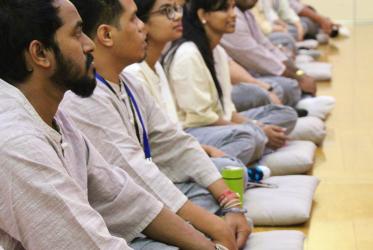Displaying 101 - 120 of 428
Young people offer visions for interreligious solidarity
04 December 2020
Survey opens for WCC member churches on interreligious relations
30 October 2020
Ecumenical statement on migration received by European Commission
25 September 2020
Bible study addresses church identity in pandemic
17 September 2020


